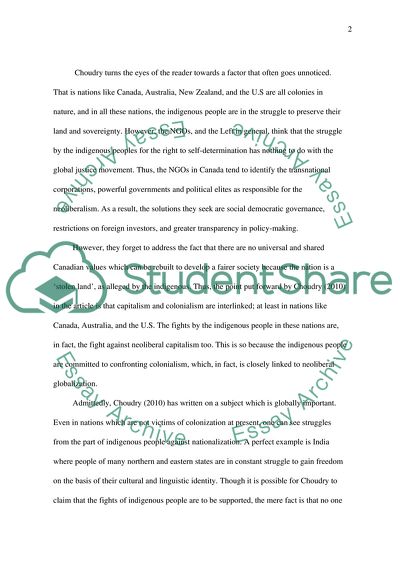Debunking the myth of NGOs (non-government organizations) Essay. Retrieved from https://studentshare.org/education/1598497-debunking-the-myth-of-ngos-non-government-organizations
Debunking the Myth of NGOs (non-Government Organizations) Essay. https://studentshare.org/education/1598497-debunking-the-myth-of-ngos-non-government-organizations.


